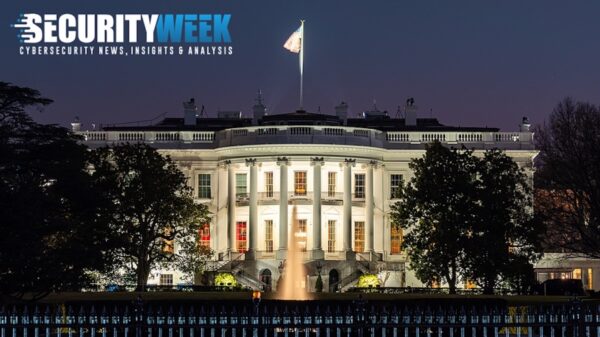Former NSA deputy director Chris Inglis on Thursday announced he was retiring from government and leaving his job as the U.S. government’s first National Cyber Director.
The departure of Inglis, which was widely expected, comes just 17 months after he was unanimously confirmed as President Joe Biden’s top advisor on cybersecurity issues and ahead of the release of the government’s National Cyber Strategy.
“Today I am stepping down from my role as the Nation’s inaugural National Cyber Director at @ONCD. I do so with the utmost gratitude to @POTUS, @VP, and Congress for giving me the opportunity to serve in this Administration,” Inglis said on Twitter. “Mr. President, thank you for placing your trust in me and for placing such a high priority on providing a safe, equitable, and resilient cyberspace for all.”
Inglis, who spent 28 years at the NSA, including as a top deputy of the spy agency, has reportedly recommended that the White House nominate Kemba Walden as the new National Cyber Director.
Walden, a former Assistant General Counsel in Microsoft’s Digital Crimes Unit (DCU), has prior government service at the Department of Homeland Security and most recently at the Cybersecurity and Infrastructure Security Agency (CISA). She is a member of the Cyber Safety Review Board and worked on the Ransomware Task Force (RTF).
The National Cyber Director position, a job established by federal law and long championed by lawmakers and outside experts, was created to help ensure a more streamlined strategy and coordinated response to cyberattacks that invariably pull in officials from multiple agencies.
Inglis and his team have crafted and submitted a National Cyber Strategy that reportedly pushes for stronger regulations for companies and suppliers in the critical infrastructure sector and a more aggressive government response to major hacking attacks.
Related: A Deeper Dive Into Zero-Trust and Biden’s Cybersecurity Executive Order
Related: Biden Names 2 Ex-NSA Officials for Senior Cyber Positions
Related: Biden, Tech Leaders Eye ‘Concrete Steps’ to Boost Cybersecurity
